The threat of impending climate change is more prevalent than ever before. But while millions of people around the world are deeply concerned for our planet, few believe there is anything they can do as an individual to help.
Now, a study has shown that there is something people can do to help in the fight against climate change, and it won’t cost them a dime. In fact, it will save them money as all people need to do is give up this one popular beverage.
This Important Information Was Explained at the 2024 World Economic Forum
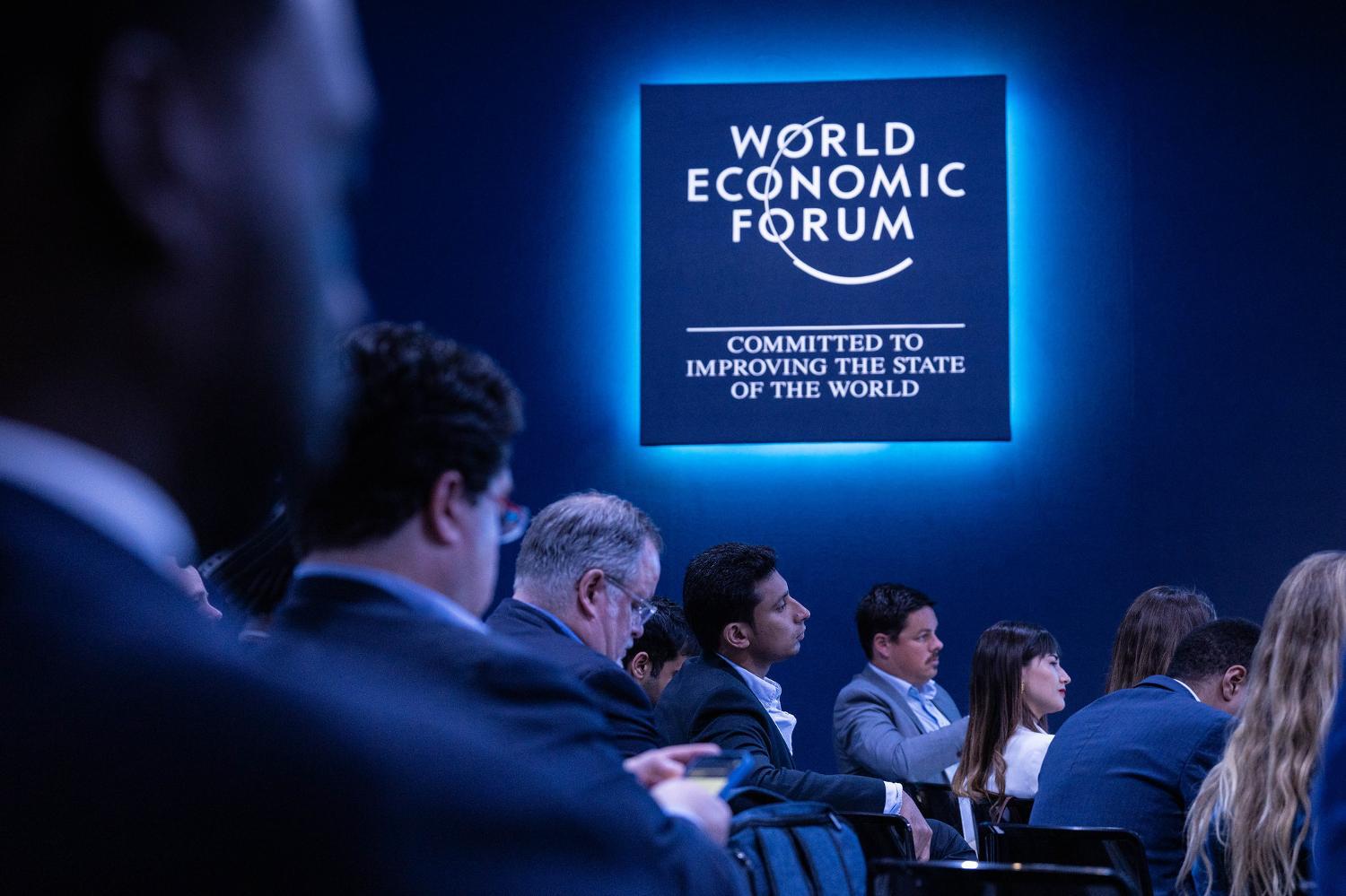
Every year, around 3,000 people from all over the world meet in Switzerland at the World Economic Forum. While it is a nongovernmental agency, the organization’s many members still believe they can make a difference through in-depth discussions and tangible solutions to the world’s numerous problems.
From business to politics, academia, social justice, and even climate change, speakers from every field impart important wisdom to the present members, which is then conveyed to the rest of the world.
The World Economic Forum Gave an Important Instruction
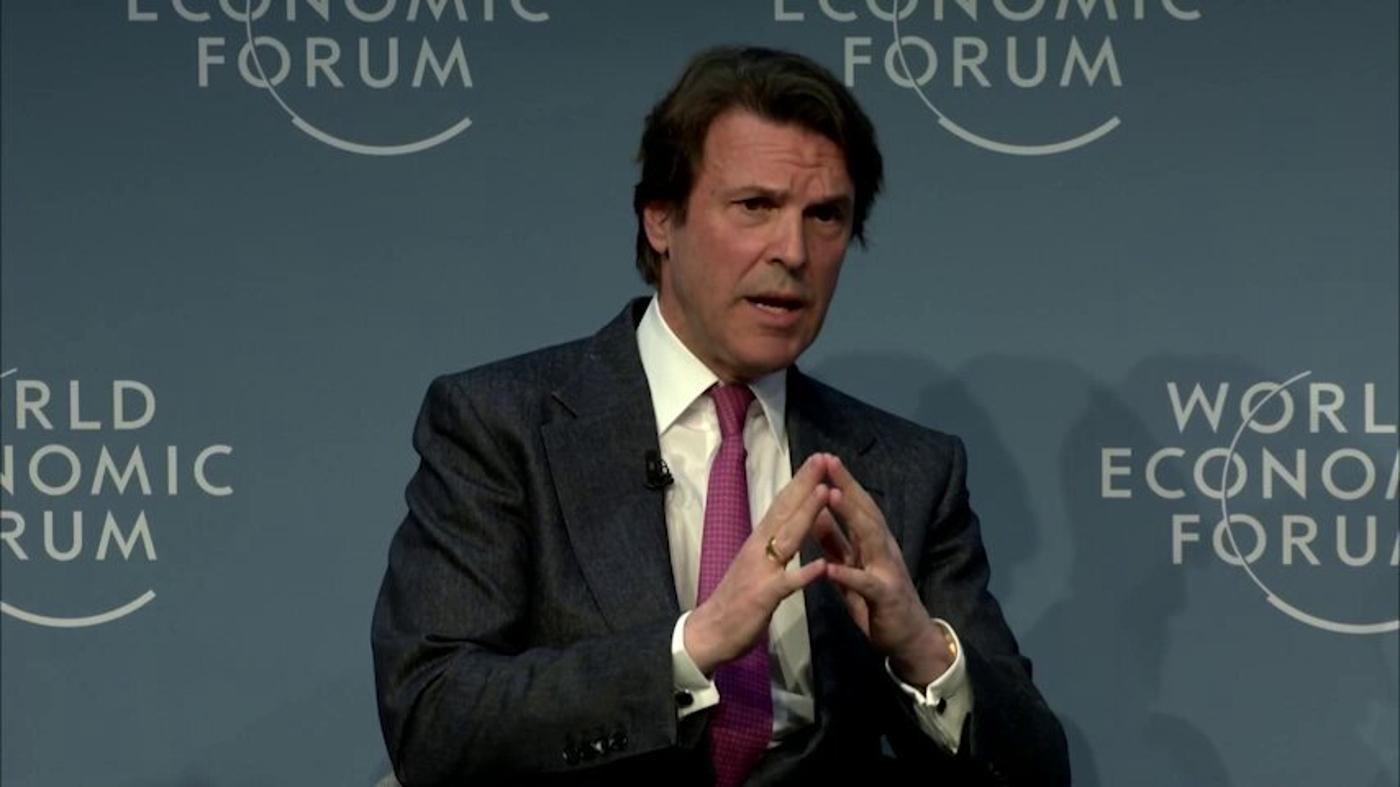
At the 2024 forum in January, Hubert Keller, a senior managing partner at the Lombard Odier Group in Switzerland, made quite an interesting statement in his speech.
He told the thousands-strong audience that there is one simple way individuals can help minimize or at least stall the effects of climate change: They can stop drinking coffee.
One Ton of Coffee Creates 15 to 20 Tons of CO2

While speaking on the “Putting a Price on Nature” panel, Keller explained, “Every time we drink coffee, we are basically putting CO2 into the atmosphere.”
He continued, “The coffee that we all drink emits between 15 and 20 tons of CO2 per ton of coffee, so we should all know that.”
Excessive CO2 in the Air Is Directly Causing Climate Change
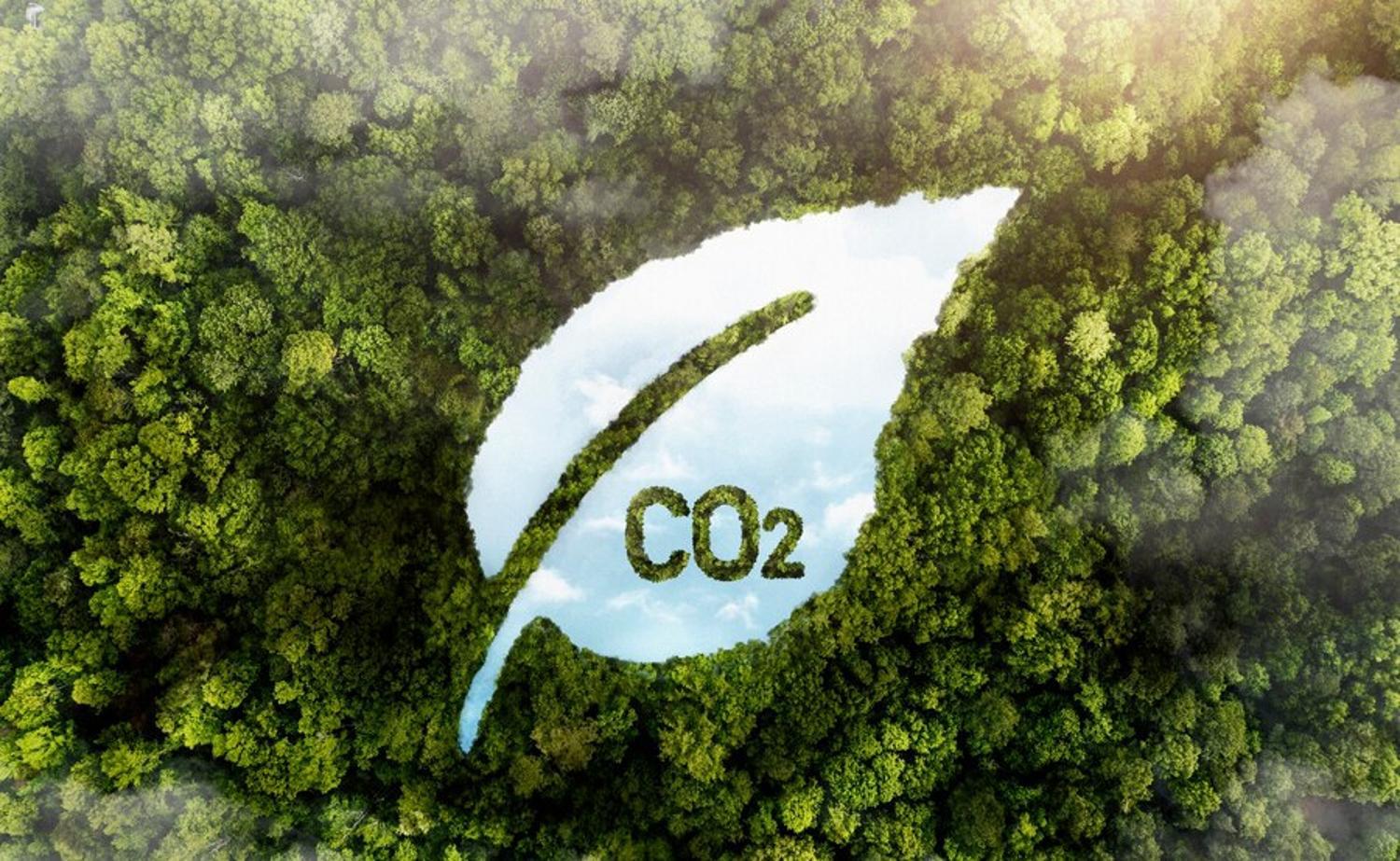
And because excess CO2, or carbon dioxide, in the air is unquestionably causing climate change, Keller argues that people can do their part to protect the planet by simply skipping or at least cutting back on coffee.
Around 90% of the world’s carbon emissions come from the burning of fossil fuels used for electricity, heat, transport, and industrial agriculture. This excessive amount of human-made CO2 has caused global temperatures to increase, sea levels to rise, ice sheets to melt, soil to degrade, and much more.
Humans Do Drink an Unbelievable Amount of Coffee
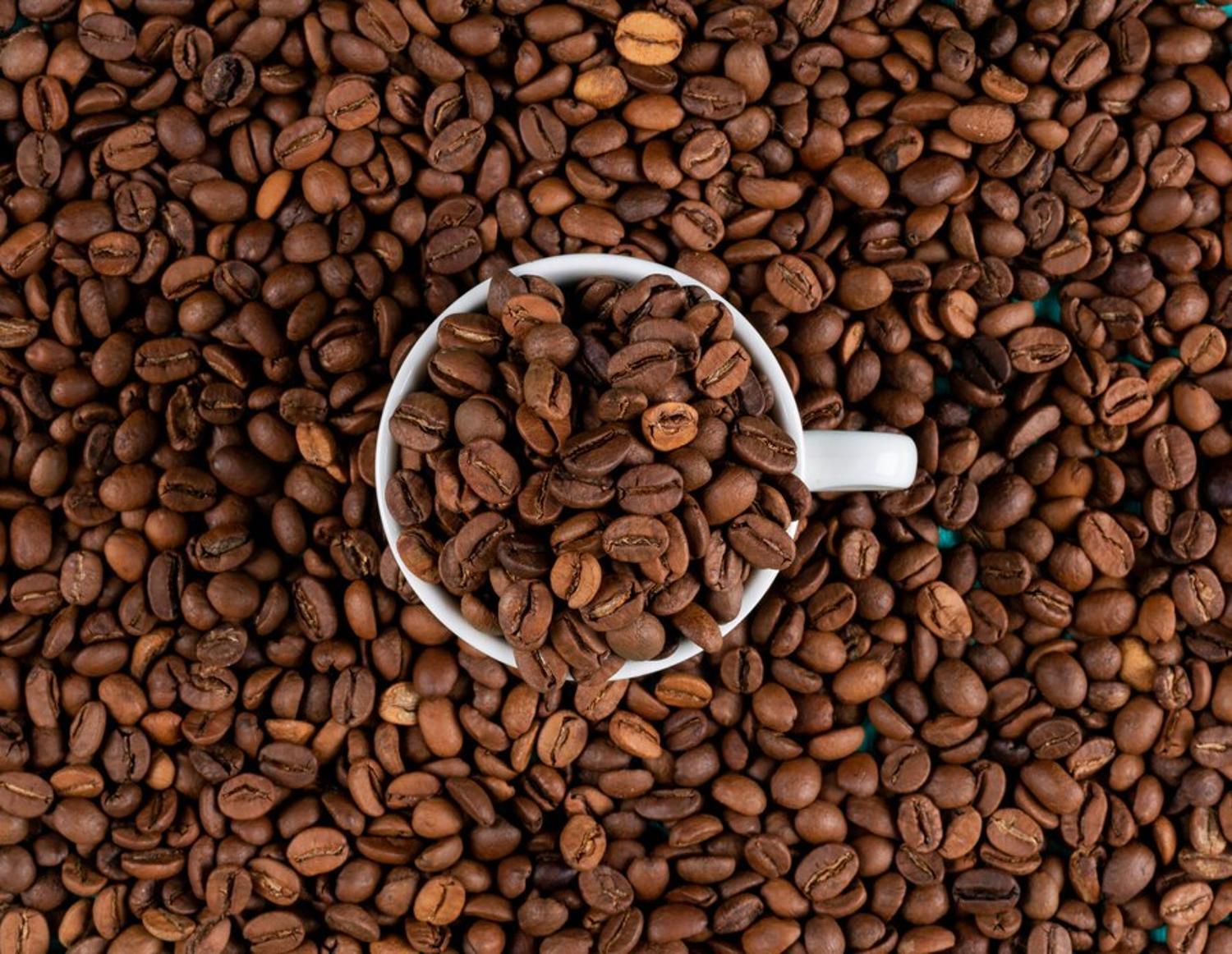
Now, according to the Global Carbon Budget, humans release more than 36.6 billion tons of CO2 into the atmosphere every single year. So, Keller’s claim that every ton of coffee only releases between 15 and 20 tons may not sound like it would make even a small dent in the almost unfathomable total amount of CO2 in the air.
However, as the world produces almost 11 million tons of coffee every year, coffee alone releases around 200 million tons of CO2 annually.
Milk and Sugar Also Play Their Part in CO2 Emissions
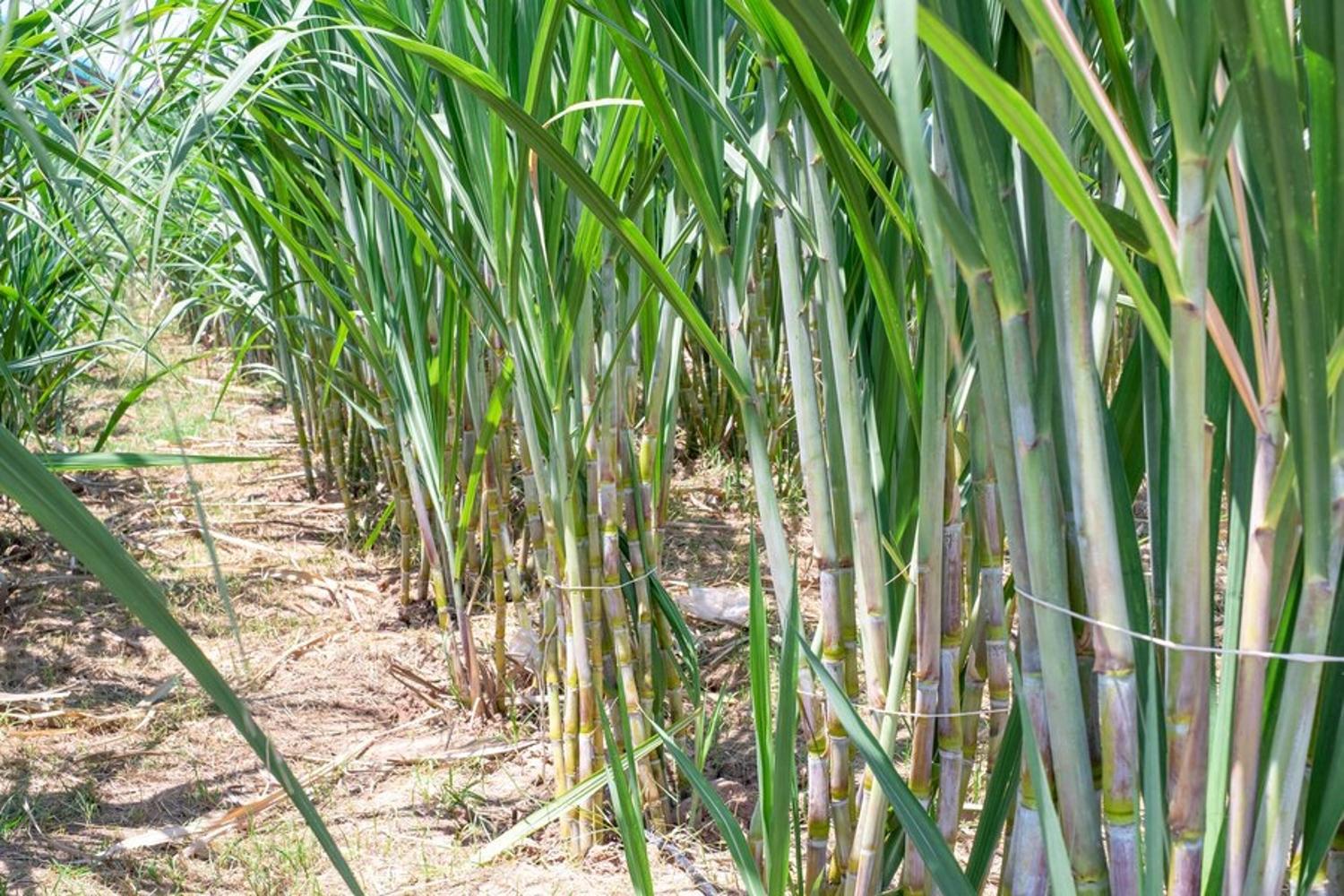
Most people enjoy their morning cup of joe with a little milk and sugar, and with more than 400 billion cups of coffee consumed worldwide over just one year, that’s a whole lot of milk and sugar. Both of which are also increasing carbon emissions.
A study conducted by the National Institutes of Health reported that each ton of sugar produced releases 0.26 tons into the atmosphere. Again, that may not seem like a lot, but the world produces a whopping 178.9 million tons of sugar every year.
A Glass of Milk Generates the Same CO2 as Driving a Car 2.3 Miles

Milk produces even more carbon emissions than sugar. In 2022, 930 million tons of milk were produced, which is 77% more than the 524 million tons produced just 30 years before in 1992.
And as every ton of milk releases about 1.2 tons of carbon dioxide into the air, this favorite beverage is certainly a pollutant. One study reported that drinking just a glass of milk releases the same amount of CO2 as driving a gas-powered car 2.3 miles.
Many Other Products Produce Even More CO2
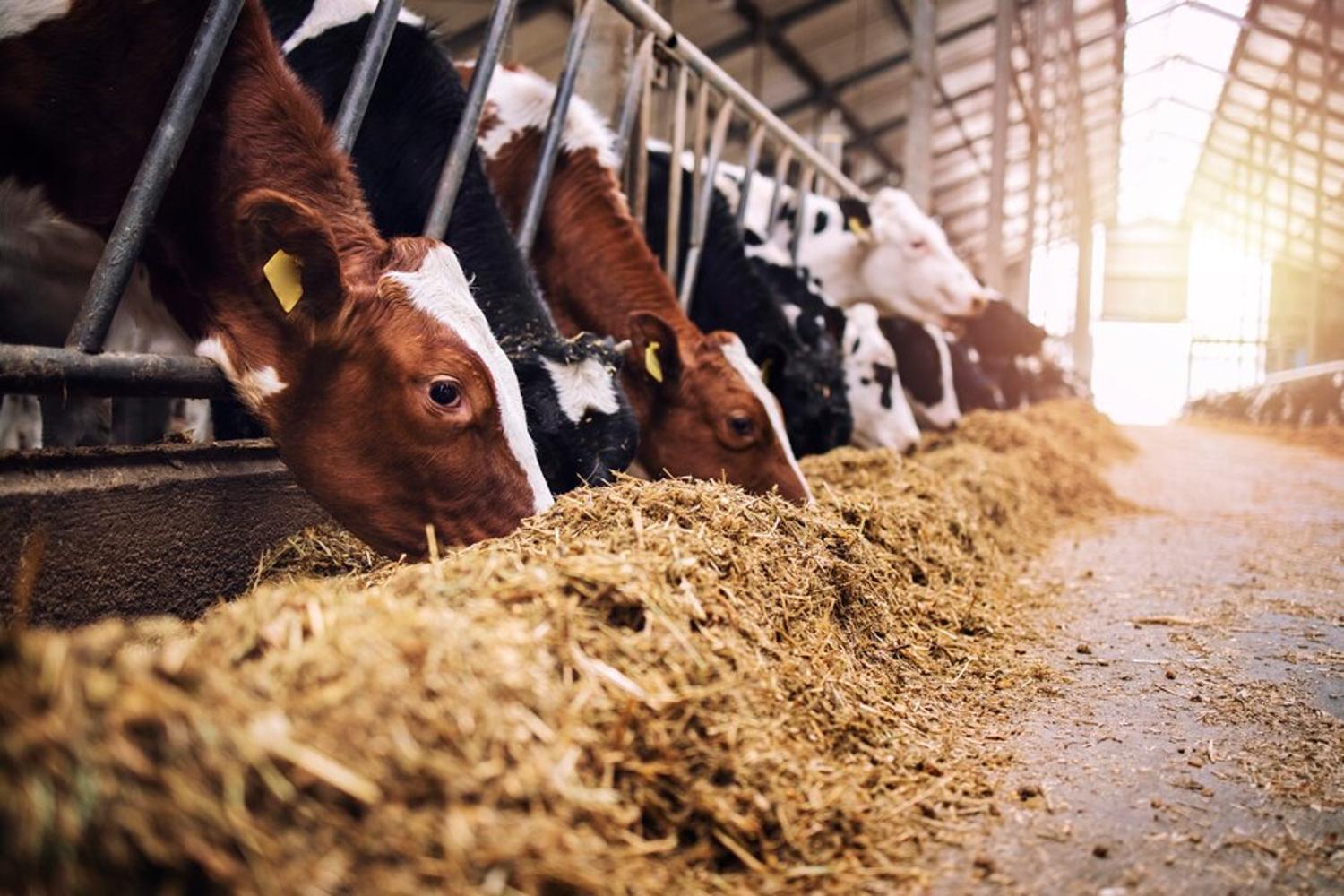
Some say that while Keller wasn’t technically wrong, the idea that coffee, milk, and sugar are even some of the most concerning products is a little ridiculous.
According to the United Nations Food and Agriculture Organization, livestock production is responsible for more than 7.1 gigatonnes of CO2 emissions every year, which is 14.5% of the total human-made greenhouse gas emissions.
Coffee Has Other Negative Side Effects for the Planet
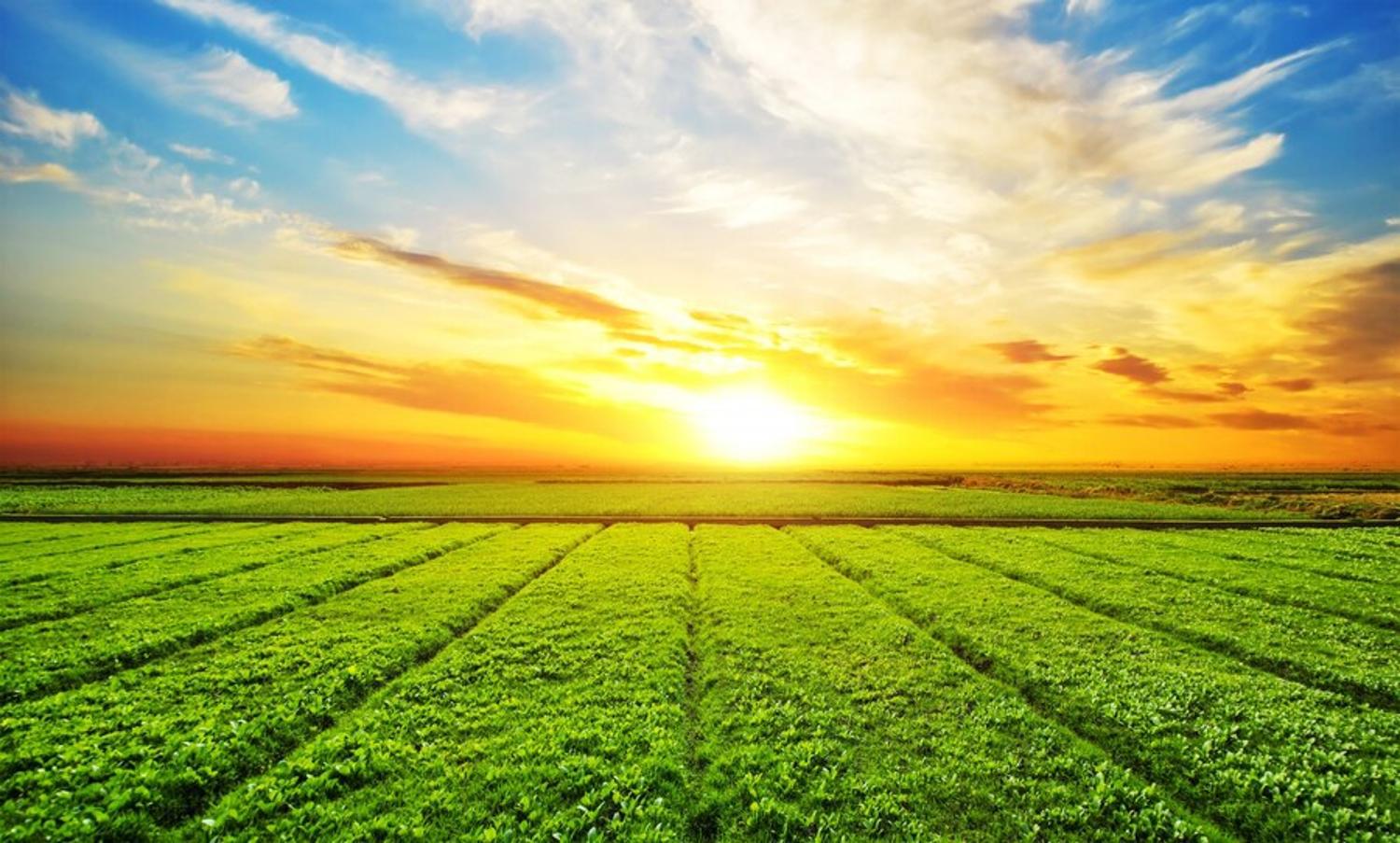
However, in addition to the excess amount of CO2 released by the farming and manufacturing of coffee, as well as the milk and sugar we use in every cup, the beloved beverage has a few other downsides.
As Keller explained at the World Economic Forum, “Most of the coffee plantation or most of the coffee is produced through monoculture, and monoculture is also affected by climate change.” Monoculture, which is when only one product is grown over a large area, is known to degrade the soil, increase pesticide use, and even cause wildfires.
How to Choose Sustainable Coffee Products
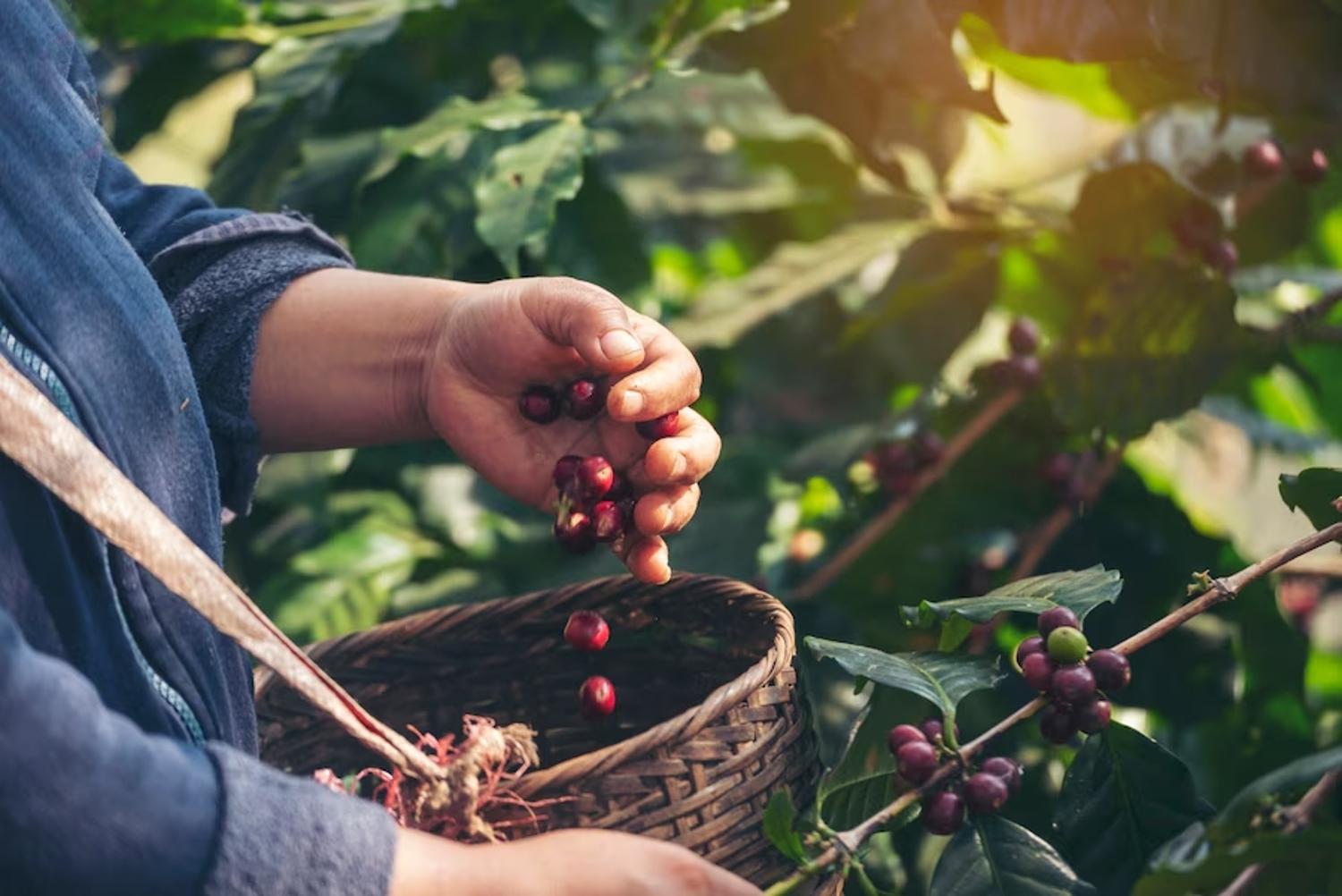
For those terrified by the idea of giving up their daily cup of coffee, even if it would help save the planet, there are ways to keep coffee in your life and do your part in the fight against climate change.
When choosing your coffee shop or beans, it’s important to look out for certifications of Fairtrade, Rainforest Alliance, or B Corp. These coffees do not use monoculture and practice sustainable agriculture, which significantly cuts down on the CO2 they produce.
Will Skipping the Second Cup of Coffee Save the Planet?
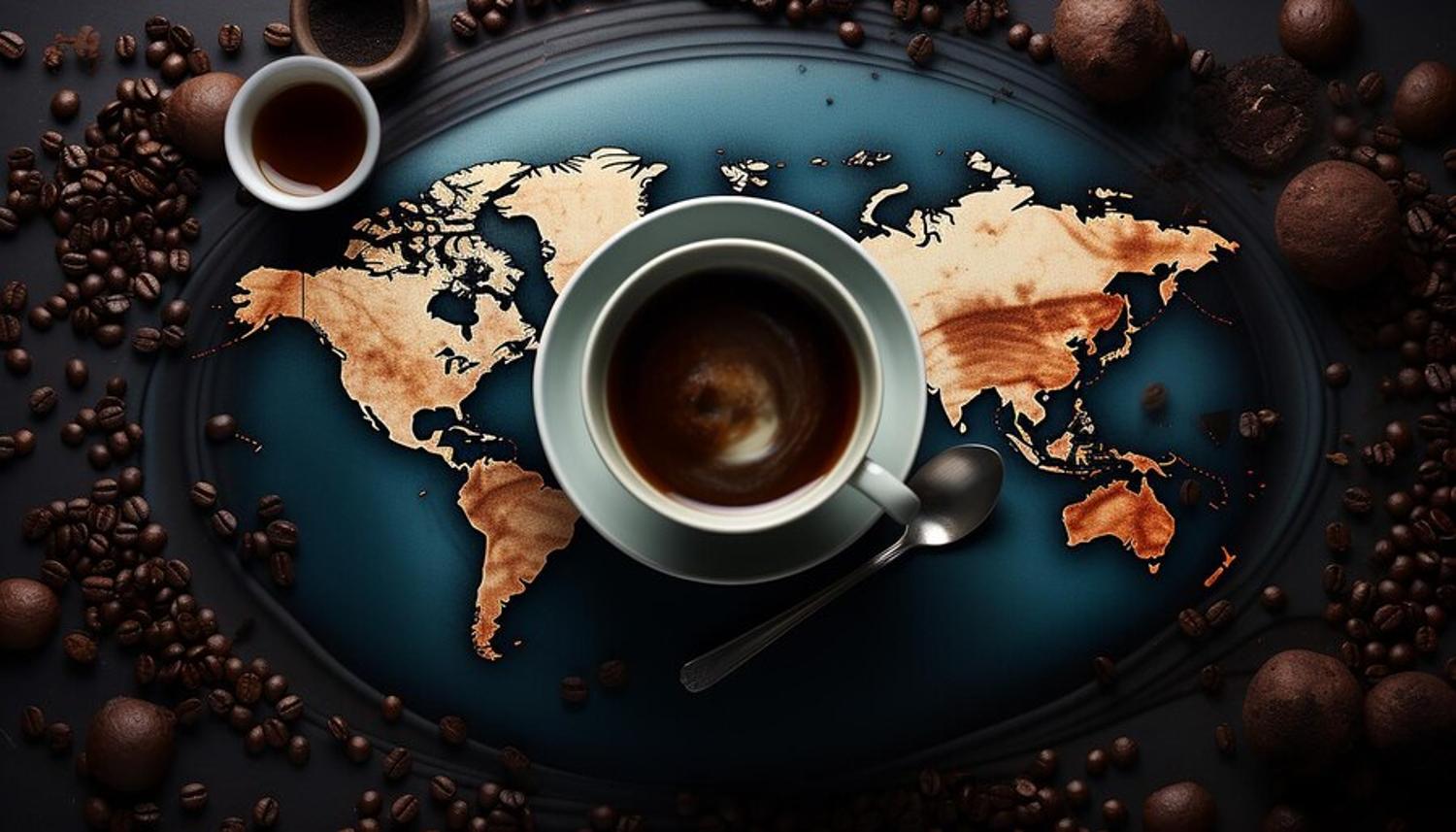
While Keller’s comments regarding the environmental impact of coffee weren’t wrong, some argue that asking people to cut back on coffee is like putting a bandaid on a bullet wound. Of course, if every single person on Earth stopped drinking coffee, it would make a difference, but that’s not going to happen.
And it’s far more pressing that humans find ways to cut back on fossil fuel use, improve industrial agriculture, and stop plastic pollution. The bottom line: you can still drink coffee, but try to choose a sustainable brand and drink it out of a reusable mug.








































